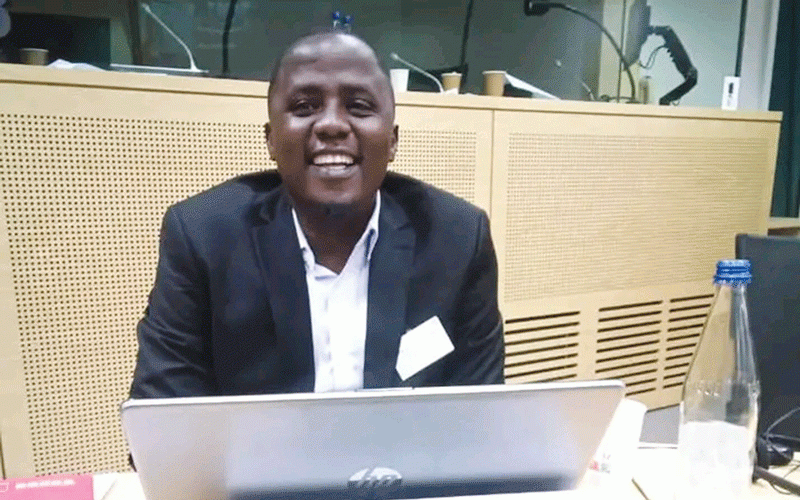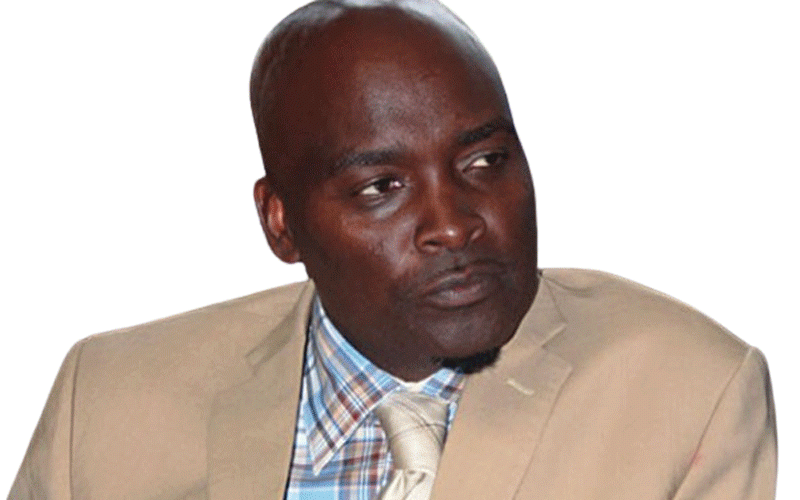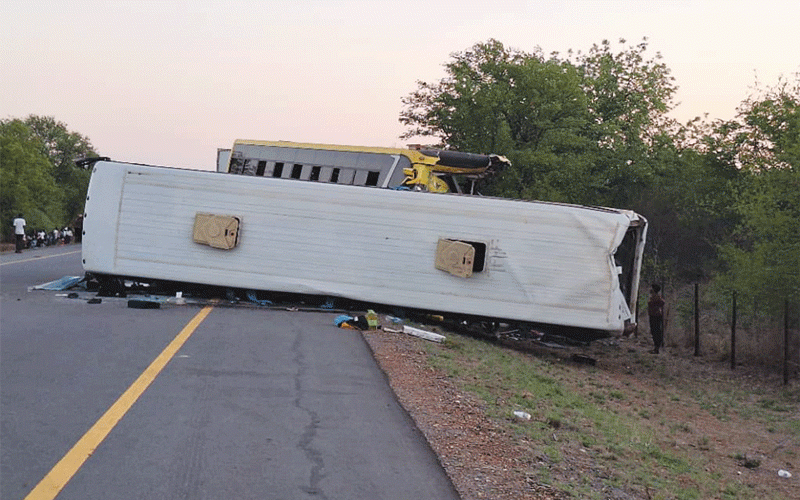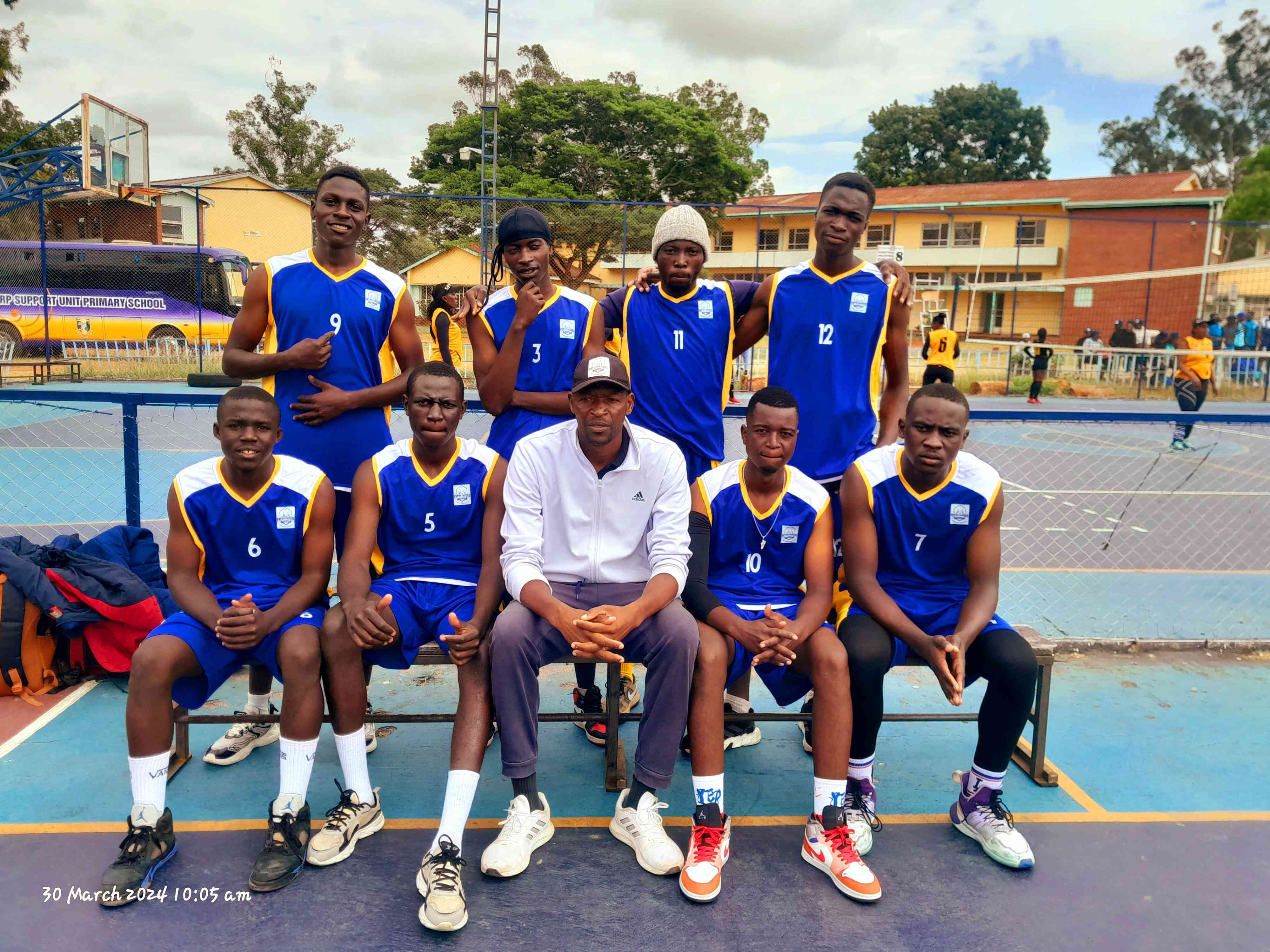
A mother from the Midlands Province’s capital Gweru says she used to think that drug abuse among youths was a preserve of the poor who had little social activities to while up their time.
But *Sibusisiwe Nkomo’s world came crashing down when she realised that her 14-year-old son, who was doing Form 2 at an affluent school, had joined the bandwagon.
“It was during the school holidays and I was cooking in the kitchen when my son crawled in and said, ‘mama I heard you talking to dad saying you want to build a fuel service station.
“I think that is the best place to construct the service station,’ pointing in the direction of the far-right corner of the kitchen.
“I thought it was a joke but when he insisted, that is when I raised my head to look at him.
“This is when I felt like I had been struck by lightning. His eyes were bloodshot, his body was shaking, struggling to balance. I realised he was high.”
Nkomo was dumbfounded.
Soon after, her maid came in holding white tablets which she had recovered from the son’s clothes while doing laundry.
- Drug, alcohol abuse impacting on children
- Midlands registers spike in drug abuse
- Chanter Dhadza D in drug abuse drive
- COVID-19 lockdowns fuelled drug abuse among learners
Keep Reading
Nkomo immediately took the substance to her neighbour who was a policeman and it was confirmed that the tablets were in fact, narcotics.
For a while she was lost in her thoughts.
The devil she assumed was hounding only those in the ghetto was now resident in her own home, holding her son hostage.
The problem of drug and substance abuse among youths in Zimbabwe is not unique to Nkomo or her child.
In recent years, Zimbabwe has been battling the scourge of illicit drugs and narcotics, which is slowly gnawing at the younger generation. In Zimbabwe, according to the Health ministry, commonly abused drugs include codeine; methamphetamine (crystal meth, commonly known as meth, speed, mutoriro, chalk, ice, crank, guka; glue; broncleer (bronco); solvents — fembo and genkem; chlorpromazine — maragado; mangemba; cane spirit; cocaine and cannabis, most commonly called mbanje.
Research has shown that drug abuse is driven by peer pressure, broken families, emotional and physical abuse, and curiosity, often resulting in addiction.
According to a World Health Organisation (WHO) 2019 report, Zimbabwe has the highest rate of 15 to 19-year-olds engaging in heavy “episodic drinking” in Africa, with 70.7 percent of males and 55.5 percent of females participating.
This age group is also heavily involved in drug dealing and use and Nkomo’s case shows substance abuse has become a worrying issue among an even younger generation.
Touched by the plight of young people like Nkomo’s son, a Midlands State University of Zimbabwe lecturer in the institution’s media department, Dr Hugh Mangeya decided to tackle the problem head-on.
Mangeya is the head of the Media, Communication, Film and Theatre Arts ,founder and coach of Pathfinders Volleyball Academy (The Academy), a grassroots community development initiative formed in August 2023, based in Mkoba high- density suburb. The non-profit organisation aims to pre-occupy the youth and make taking drugs less attractive.
Panashe Sibanda (21) a diesel and plant fitting graduate from Kwekwe Polytechnical College, who is the vice president of The Academy and is still unemployed, said he joined Mangeya’s initiative for him to stay away for bad influences such as drug abuse.
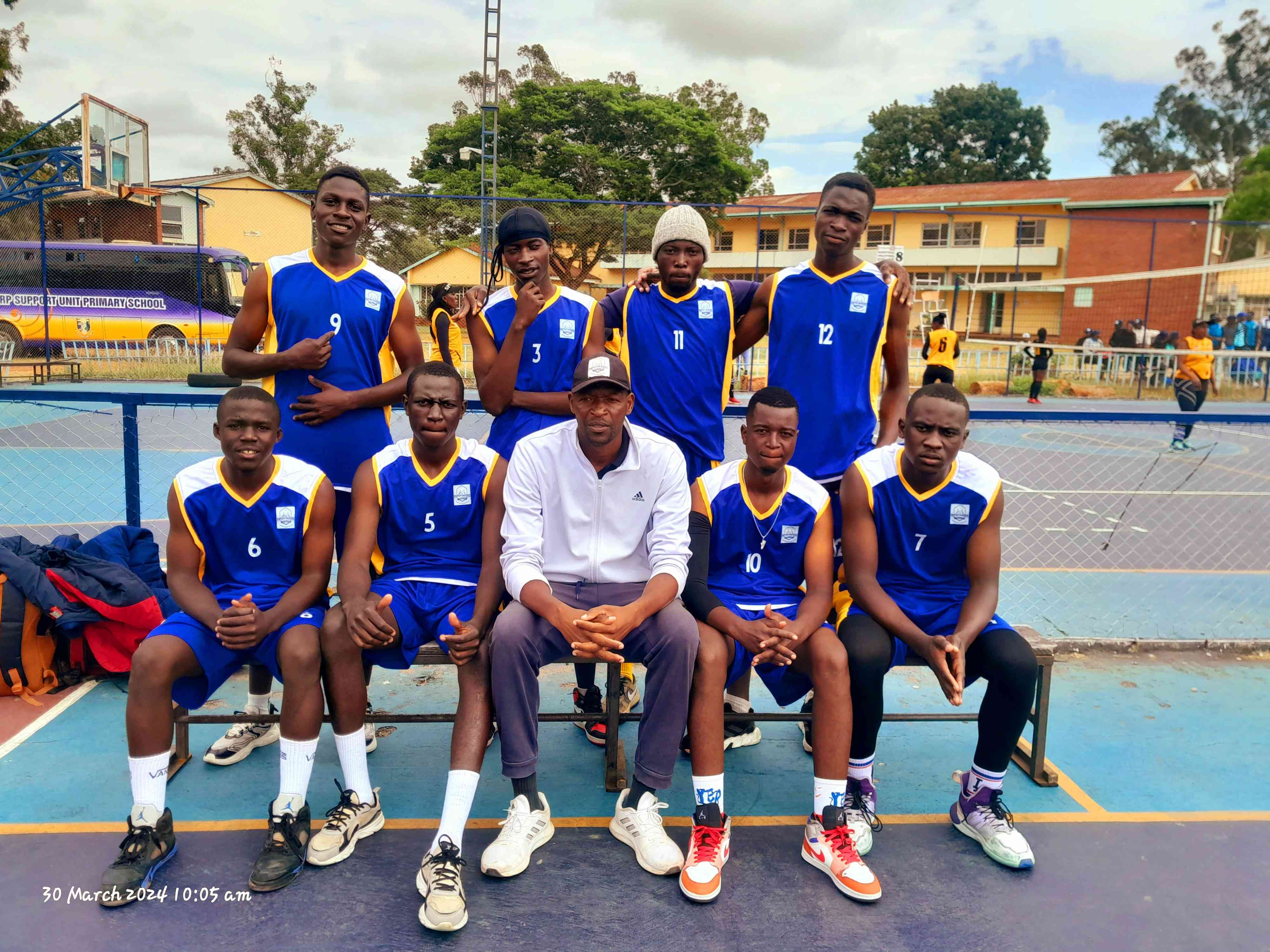
“The most important thing is for one to remain occupied,” Sibanda said.
“I have plenty of friends who are now living under bridges abusing drugs. However, I am not attracted to what they are doing because I am immersed in volleyball, which I am taking as a career.” Team captain Malcom Mahwende (18) thanked Mangeya for the initiative that he says will give many youths a lifeline.
“I am in Form 4, I go to school and come to play volleyball,” Mahwende said.
“I no longer have free and idle time to engage in drugs. I am sure more of my agemates will join soon.
“We want to make sure that through this sports activity, we take away the youths in Mkoba from drugs.”
Brenton Zinjiba (18) said he found Mangeya’s project a useful tool in driving away youths from drugs.
“Volleyball is fun. I want to take it as a career. It has also been a way for the youths to run away from drugs,” Zinyama said.
Twenty-year-old Annie Mungove who plays for the under-21 team said volleyball has not only assisted the girl child from escaping drug and substance abuse, but also unwanted pregnancies.
“Instead of sitting at home and possibly ending up on drugs and eventually being impregnated, volleyball has occupied me and urged me to refocus,” Mungove said.
“Considering that Mangeya is educated and is a lecturer, he has also supported us in our academic journey.
“I wanted to thank him for committing all our free time so that it is put to productive use. I want to thank him for that. He is our hero.”
Mangeya said his initiative was also meant to address colonial imbalances which have resulted in the marginalisation of high-density suburbs, which are often called ghettos.
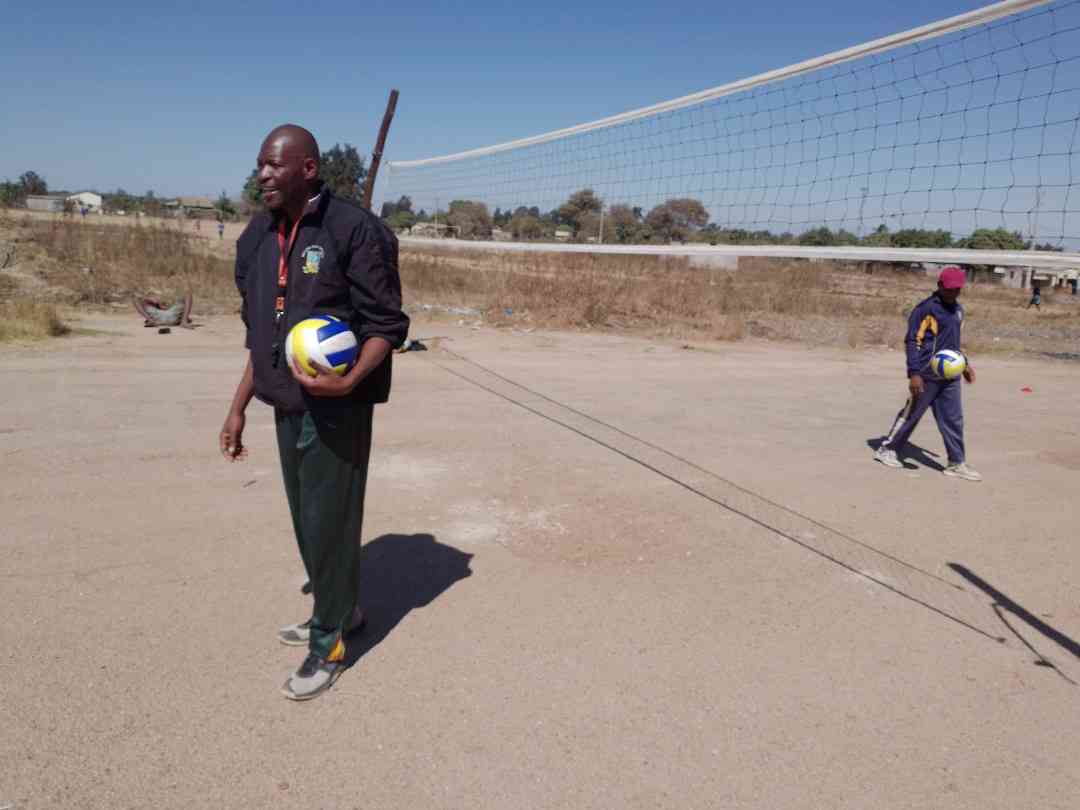
“Operating under the axiom ‘geography is destiny’, the high-density area is a space that epitomises marginalisation and underdevelopment,” he said.
“Notably, the high-density area lacks facilities, meaningful investment, and development in education, sport, and recreational infrastructure, as well as shrinkage of recreational spaces because of housing developments and urban agriculture.
“Young children are forced to either literally play on the roads or stay indoors; thereby living sedentary lives.
“This has mainly resulted in parents having to send their children to private and boarding schools as well as academies to ensure that they enjoy the best services.”
Mangeya said he had initially targeted 30 pupils, but the number is swelling and now has several age groups competing in various leagues.
With financial support, he hopes to continue increasing the numbers as well as join competitive leagues.
His teams have established themselves as a force to reckon with in the Midlands.
“This is my contribution in a small way to ensure youths become focused and stop chasing drugs,” Mangeya said.


